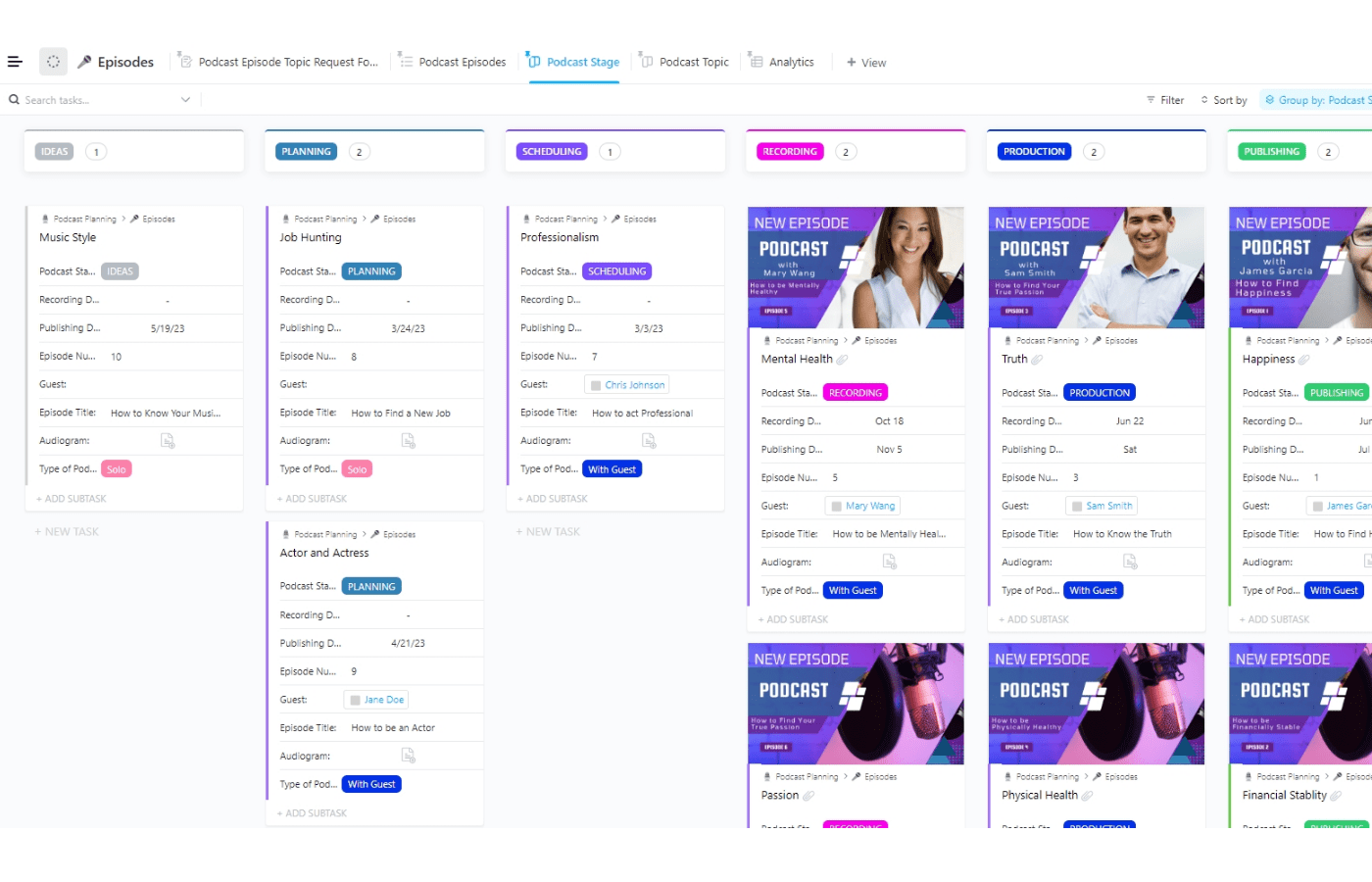
Originally written as a community message board,
Drupal has significantly expanded from its initial purpose. It is now one of the most popular open-source content management systems, with more than 900,000 sites using it. A content management system automates through software the publishing of content from a single user interface. Aside from publishing, it enables the user to edit and modify the content and also do automated maintenance activities all from a central web page. However, its greatest value is its ability to track and control multiple versions of a single instance of content. Because of efficient handling of reusable components and a customizable program especially for managing web content, Drupal is now also classified as a content management framework and a web application framework.
History and popularity of Drupal
Drupal comes from the Dutch word “druppel ” or drop. After being used successfully to support 50 websites across the US in a political party campaign in 2003, the open source community continued to develop and support it. By 2008, the software was downloaded 1.4 million times within one year. Written in PHP language, developers describe its programming interface as sophisticated, but website administrators need no programming skills in installing and maintaining their sites due to its ease of use.
Core, distributions, and modules
Drupal has several core versions. A core is the stock code, the basic essential programs in default configuration that will result in a running website.
Drupal’s core functions can be extended by distributions, modules, and themes. A theme customizes the appearance of the installation. A module is an additional component that can be installed to extend the core’s built-in features. A distribution is a packaged version that may contain a core, several pre-configured modules and/or themes that when installed will result in a website or application that will provide a particular function.
The Top 5 Project Management Modules & Distributions
Drupal has several distributions and modules developed, also termed contributions, by the community to perform several project management functions such as tracking and collaboration. The top five extensions based on reported usage are listed below.
1.
Open Atrium distribution—Versions 2.x for Drupal 7 and version 1.0 for the 6x core include collaboration and knowledge sharing features. Discussions can be configured per project, team, or organization. It also has file management system features for storing and sharing of documents, and strong access control system for restricting content to sub-sets of the project team. It also has a customizable theme that works on different browsers and is ready for mobile devices. The Open Atrium project is actively maintained, with 146 reported installs, and 105,000 downloads.
2.
ERPAL Project Management and ERP distribution—Version 2.0 for Drupal 7 is described as a platform for developers and service providers to manage not only their projects, teams and data, but also business processes using one smart solution. The distribution includes CRM features for contact and activity management, and PM features for requirement management, Gantt chart, time tracking, expenses, document management, resources management, calendars and more. ERPAL is recommended to be used with PHP 5.3. This project is actively maintained, with 139 reported installs, and 11,000 downloads.
3.
Case Tracker module—Versions 1.0 alpha1 for the 7x core and 1.0 beta9 for the 6x core are used to track cases that need resolution. Unlike the Project module, which is used specifically for tracking issues specific to software development, Case Tracker is an issue tracker for just about anything. It is a basic ticketing system with a simple interface but can be easily extended by programmers and site administrators for many uses. It is actively maintained, with more than 3000 sites reporting the use of this module. It has been downloaded almost 27,000 times.
4.
Support Ticketing System module—Version 1.0-rc2 for Drupal 7 and version 1.8 for the 6x core work as a basic ticketing system and helpdesk with email integration features. The module can generate charts, assign ticket to users, and use different ticket states such as new, pending, or closed. Tickets can trigger email notifications, and email integration allows the creation and updating of tickets using email. It needs some other modules beside the core, but other similar Support module projects such as Support Timer for time tracking, and Support Deadline for adding due date to tickets may make it as a more complete suite in the future. Its development is sponsored by Tag1 Consulting, Inc., and the project is currently seeking co-maintainers. About 2000 sites have reported to using this module, with 30,000 downloads.
5.
Project Management module (formerly Storm)—Version 1.0 alpha 2 for the 7x core released just last August 2, 2013 allows the management of organizations, teams, people, projects, tasks, tickets, time tracking, notes, invoices, and expenses. It is a collection of modules where each feature is a separate module that supports views and tokens. It is described as a ticket tracking and work planning software. Aside from the core, this module also needs Chaos tools suite, Views, and Date. It is actively maintained, under active development, and has been reported to being used by 277 sites. However, more than 500 sites have reported to have used it when it was still named as Storm module. This module has been downloaded more than 2700 times.
Featured Partners: Project Management Software
 Originally written as a community message board, Drupal has significantly expanded from its initial purpose. It is now one of the most popular open-source content management systems, with more than 900,000 sites using it. A content management system automates through software the publishing of content from a single user interface. Aside from publishing, it enables the user to edit and modify the content and also do automated maintenance activities all from a central web page. However, its greatest value is its ability to track and control multiple versions of a single instance of content. Because of efficient handling of reusable components and a customizable program especially for managing web content, Drupal is now also classified as a content management framework and a web application framework.
Originally written as a community message board, Drupal has significantly expanded from its initial purpose. It is now one of the most popular open-source content management systems, with more than 900,000 sites using it. A content management system automates through software the publishing of content from a single user interface. Aside from publishing, it enables the user to edit and modify the content and also do automated maintenance activities all from a central web page. However, its greatest value is its ability to track and control multiple versions of a single instance of content. Because of efficient handling of reusable components and a customizable program especially for managing web content, Drupal is now also classified as a content management framework and a web application framework.





